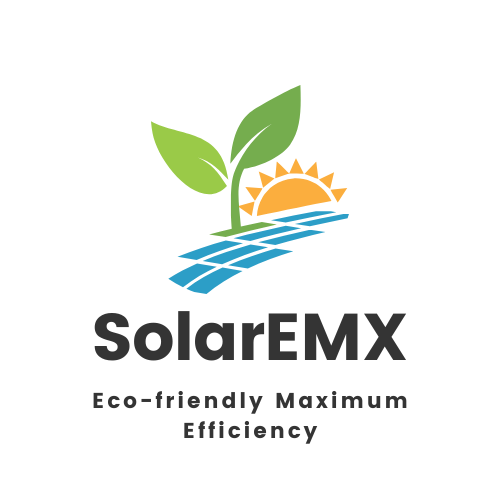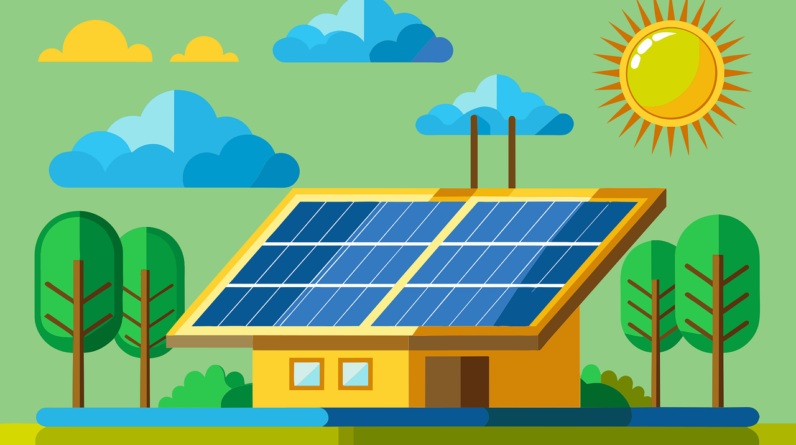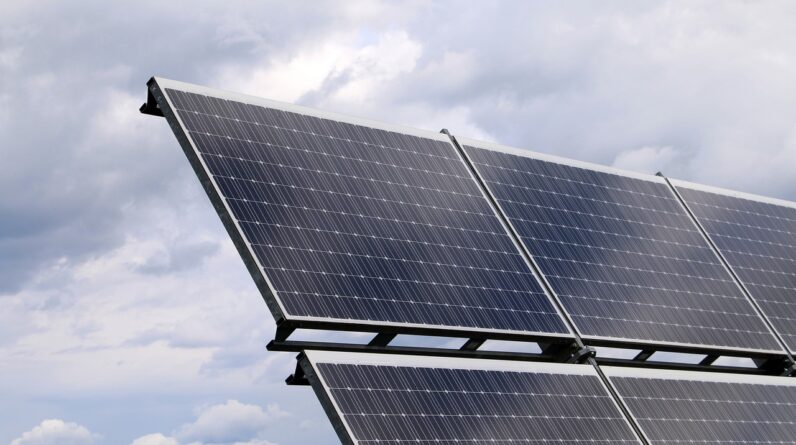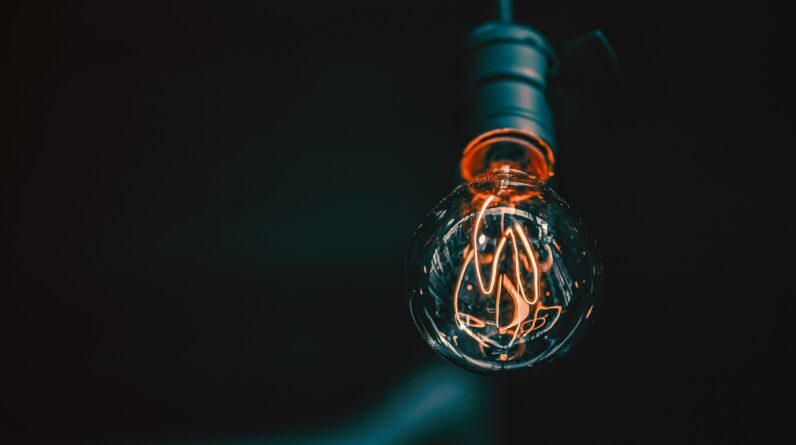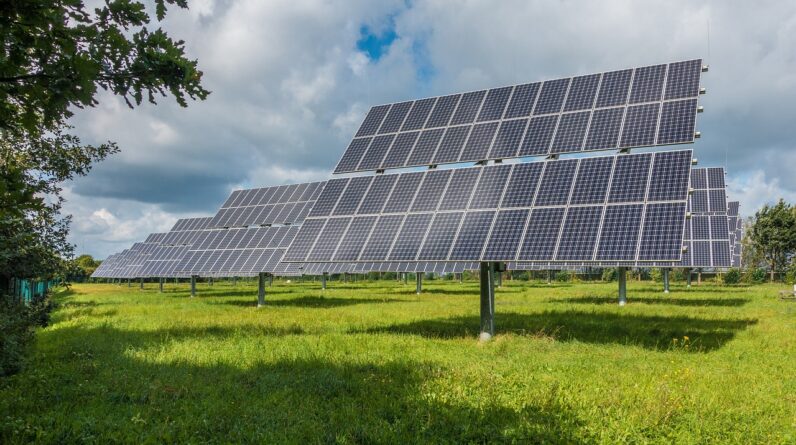
Explore the pros and cons of DIY solar panel installation versus hiring a professional. Make an informed choice tailored to your needs and budget.
Have you ever wondered about the best way to harness the power of the sun for our energy needs? As we think about reducing our carbon footprint and lowering energy bills, solar energy has become an increasingly popular topic. But when it comes to going solar, we often face a crucial decision: should we install the solar panels ourselves or hire a professional? Let’s break this down together.
Understanding Solar Panels
Before making any decisions, it’s important for us to understand what solar panels are and how they work. Solar panels convert sunlight into electricity, which we can then use to power our homes. This process involves photovoltaic cells, which generate direct current (DC) electricity when exposed to sunlight. An inverter then converts this DC electricity into alternating current (AC), which is what our household appliances use.
Types of Solar Panels
To help us make an informed decision, let’s take a closer look at the types of solar panels available:
-
Monocrystalline Panels: These panels are made from a single crystal structure and are known for their efficiency and longevity. They generally perform better in low-light conditions.
-
Polycrystalline Panels: Made from multiple crystal structures, these panels are often less expensive but tend to be slightly less efficient than monocrystalline panels.
-
Thin-Film Panels: These are lightweight and flexible, ideal for certain applications, though they usually have lower efficiency rates compared to the first two types.
Understanding these options can help us determine what might be best for our specific needs.
The DIY Approach
Now, let’s chat about the DIY route. Installing solar panels ourselves can be an exciting project. Many of us enjoy the challenge of hands-on work, and it can be quite rewarding to see the fruits of our labor visibly saving us money in the long run.
Pros of DIY Solar Panel Installation
There are several advantages to opting for a DIY installation:
-
Cost Savings: The most significant benefit is the potential savings. By not hiring professionals, we can save on labor costs and utilize those funds for other aspects of the solar system.
-
Personal Satisfaction: Completing a DIY project can bring a great sense of accomplishment. There’s something exhilarating about saying, “We did this!”
-
Customization: With a DIY project, we have the flexibility to choose the components that best fit our space and needs.
-
Learning Experience: Installing solar panels offers a fantastic opportunity to learn about renewable energy technology and systems.
Cons of DIY Solar Panel Installation
However, it’s essential to weigh these benefits against some potential drawbacks:
-
Safety Risks: Working with electricity can be dangerous. Risking injury is a genuine concern we have to keep in mind.
-
Permitting and Regulations: We’ll need to navigate local regulations and obtain the necessary permits, which can be a time-consuming and complex process.
-
Time-Consuming: DIY projects can take longer than anticipated, especially if we encounter unexpected issues along the way.
-
System Performance: Without professional expertise, it’s possible that our installation may not perform as efficiently as intended, which affects our savings over time.

Professional Installation
If the DIY route doesn’t sound appealing, we might consider professional installation. This option enables us to benefit from the expertise that professionals bring, ensuring that everything is done correctly.
Pros of Professional Installation
There are many compelling reasons to opt for professional installers:
-
Expertise: Professional installers have experience and knowledge of solar systems. They can help us choose the right products and install them efficiently.
-
Long-term Performance: Professionals can ensure that our system is optimized for performance, potentially leading to higher savings.
-
Time Efficiency: With trained installers, the project can typically be completed much faster than if we were to tackle it ourselves.
-
Warranty and Maintenance: Most professional services provide warranties on both the equipment and the installation, giving us peace of mind for years to come.
Cons of Professional Installation
Of course, we need to consider the downsides as well:
-
Higher Costs: Hiring professionals means higher overall costs due to labor fees, which can strain our budget.
-
Less Personal Control: While we can express our preferences, the final decisions often lie with the installers. We might not have the same level of involvement as we would with a DIY project.
-
Scheduling: Depending on their availability, it may take longer to get a professional on-site to complete the installation than we expect.
Analyzing Costs
When deciding between DIY and professional installation, understanding the cost structures is crucial. Here’s a breakdown of what we might typically expect to pay for each option.
| Expenses | DIY Installation | Professional Installation |
|---|---|---|
| Solar Panels | $5,000 – $12,000 | $10,000 – $30,000 |
| Inverter | $1,000 – $3,000 | Included in professional fees |
| Mounting Equipment | $500 – $1,500 | Included in professional fees |
| Installation Supplies | $300 – $1,000 | N/A |
| Labor Costs | $0 | $2,000 – $10,000 |
| Total Estimated Cost | $6,800 – $17,500 | $12,000 – $40,000 |
This table provides a rough estimate of potential expenses we may encounter. It’s essential for us to evaluate our budget and capabilities when deciding.

Evaluating Our Skill Level
As we ponder our options, let’s reflect on our skills and experience with home improvement projects. Having the right skill set can make a significant difference in how well a DIY project goes.
Assessing Our DIY Skills
Some questions to consider:
-
Have We Completed Similar Projects? If we have experience with home improvement, we might have the necessary skills for solar installation.
-
Are We Comfortable Working with Electrical Systems? Understanding electrical systems is crucial for safety and efficiency in solar installation.
-
Do We Have Access to Tools? Proper tools can make a DIY project much more manageable, and we need to ensure we have what we need or can acquire it.
If we feel confident in our abilities, a DIY project could be the right path.
Research and Education
Whether we choose DIY or professional installation, educating ourselves is essential. There’s a lot to learn about solar technology, regulations, financing options, and even maintenance after installation.
Resources for Research
We can find valuable information through various sources:
-
Online Tutorials: Numerous platforms provide step-by-step guides and videos. These can be invaluable for understanding the installation process.
-
Local Workshops: Many communities offer workshops on solar energy and installation. Participating in these can enhance our knowledge significantly.
-
Consultations: Some solar companies offer free consultations, allowing us to ask questions and gather information without any commitment.
By putting in the effort to learn, we equip ourselves with the tools needed to make the best decision.

Evaluating Our Long-Term Goals
We should think about our long-term energy goals when deciding between DIY and professional installation.
Energy Independence
If greater energy independence and self-sufficiency are important to us, a DIY approach might resonate well. Installing our own solar panels gives us a sense of control over our energy production.
Environmental Impact
Regardless of our choice, both DIY and professional installations significantly reduce our carbon footprint. Investing in solar energy shows our commitment to sustainability.
Maintenance and Upkeep
After installation, our solar energy system requires ongoing maintenance. It’s essential to consider our readiness for this aspect as well.
DIY Maintenance
If we go the DIY route, we need to be prepared to handle maintenance ourselves. This includes regular cleaning of panels and checking for efficiency.
Professional Maintenance
Choosing a professional installation often comes with service agreements. These agreements typically cover routine maintenance and repairs, providing us peace of mind.
| Maintenance Aspect | DIY Maintenance | Professional Maintenance |
|---|---|---|
| Cleaning Panels | Every 6 months | Included in service agreement |
| System Monitoring | Requires DIY tools | Professional service available |
| Repairs | DIY knowledge required | Handled by experienced technicians |
Warranty Considerations
Most manufacturers offer warranties for solar panels, typically ranging from 10 to 25 years. Understanding these warranties can help us evaluate the long-term value of either option.
Making the Decision
At this point, we’ve gathered a lot of information. Let’s summarize key factors so we can make a confident decision.
Factors to Consider
- Budget: Are we financially ready for the investment?
- Skill Level: Do we feel confident in our abilities?
- Time: How much time can we dedicate to this project?
- Long-Term Goals: What are our energy independence goals?
- Safety Concerns: Do we feel safe handling electrical installations?
By assessing these factors, we can arrive at a choice that aligns with our circumstances and preferences.
Conclusion
In deciding whether to install solar panels ourselves or hire professionals, there’s no one-size-fits-all answer. Each option has its own unique advantages and challenges.
As we move forward, let’s remember that every step towards solar energy is a step toward a more sustainable future. Whether we choose DIY or professional installation, we’re contributing to a greener planet. Whatever decision we ultimately make, it’s important that it feels right for us, aligning with our budget, skills, and long-term energy goals. Together, we can embrace solar energy and take charge of our energy future.
